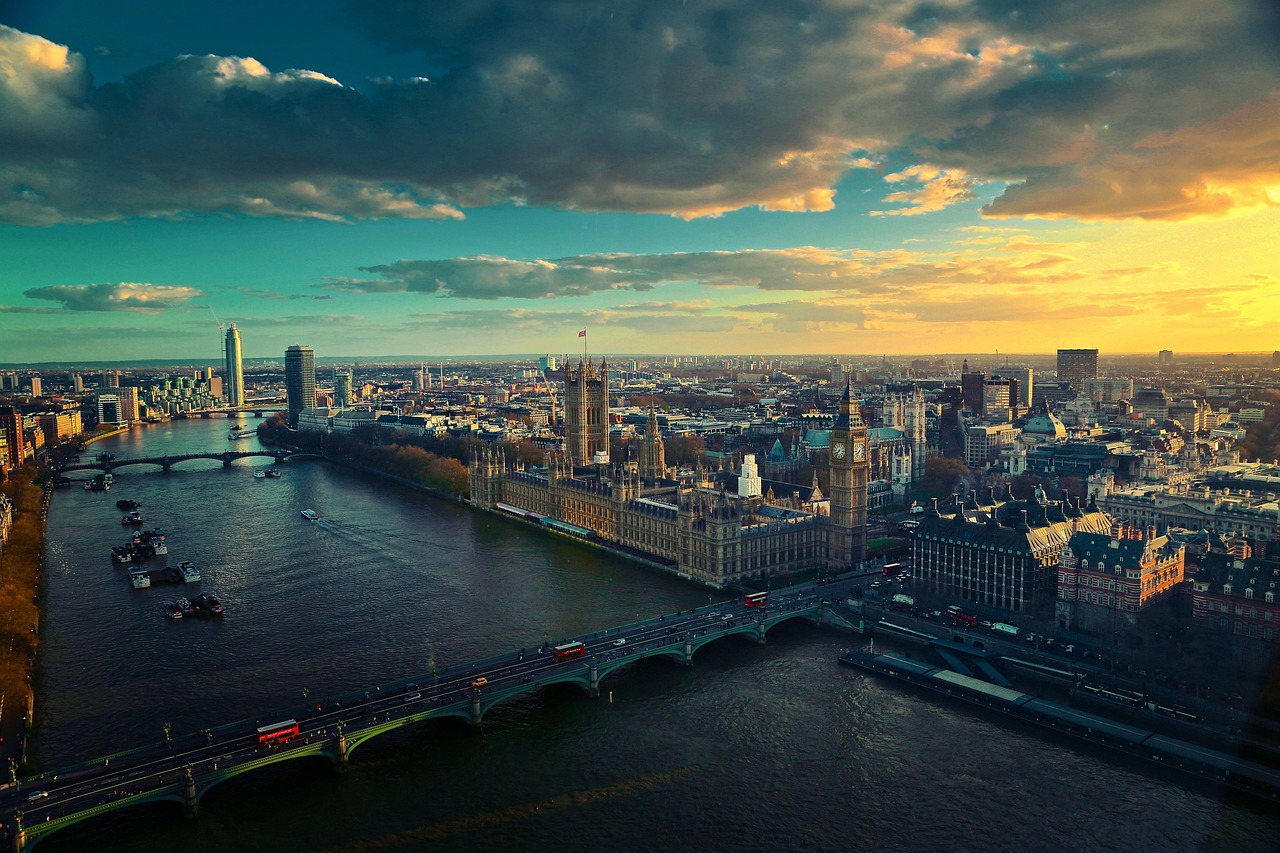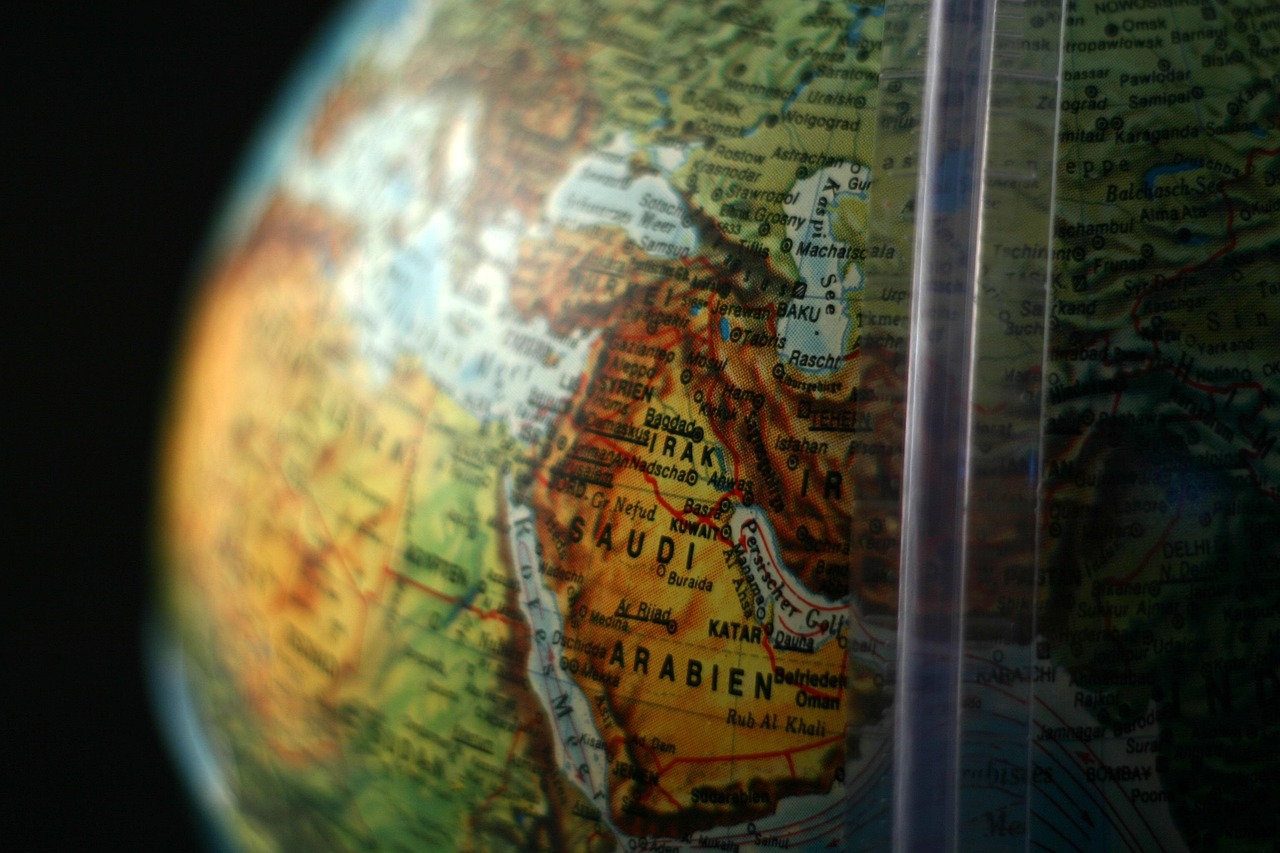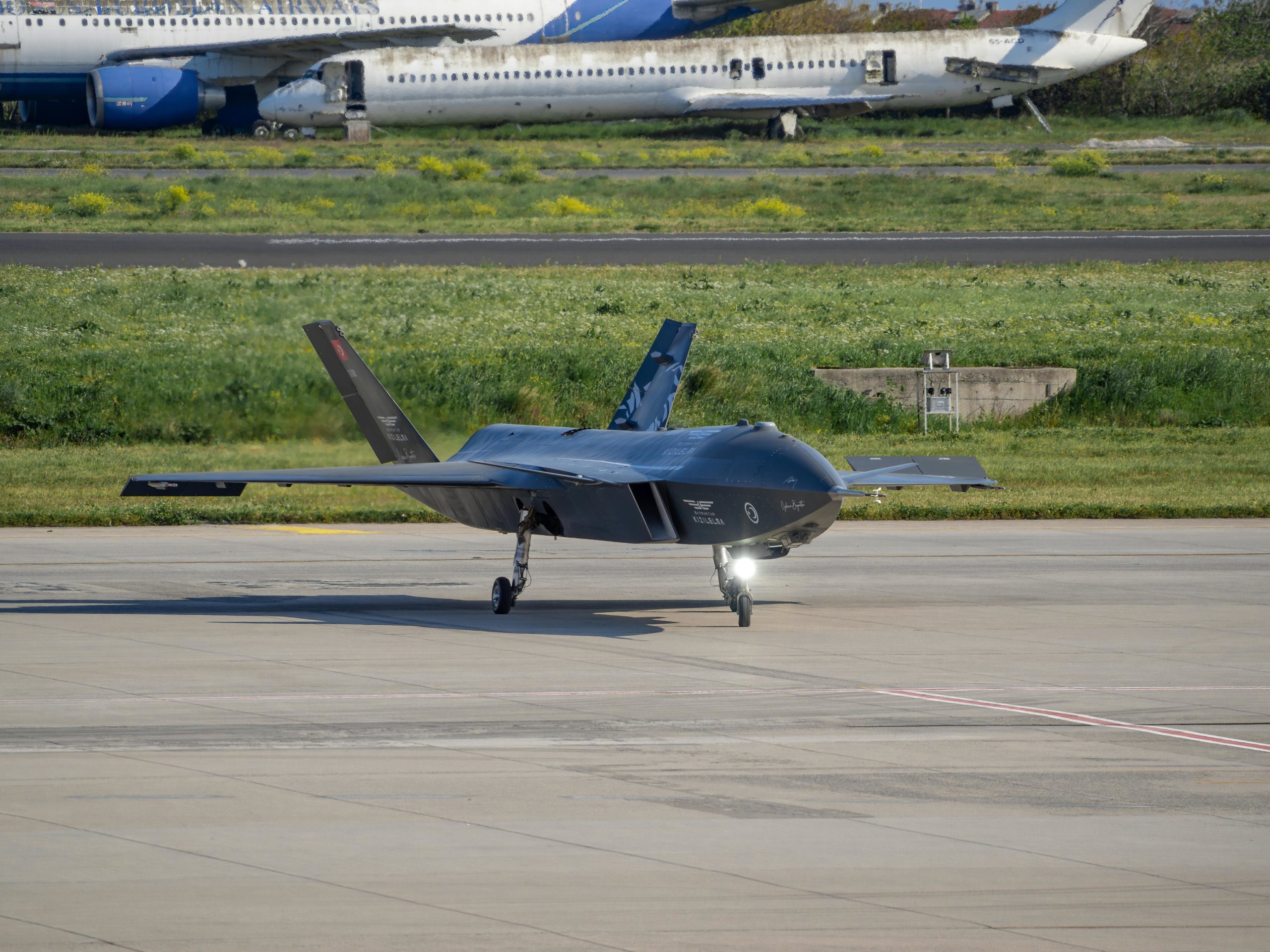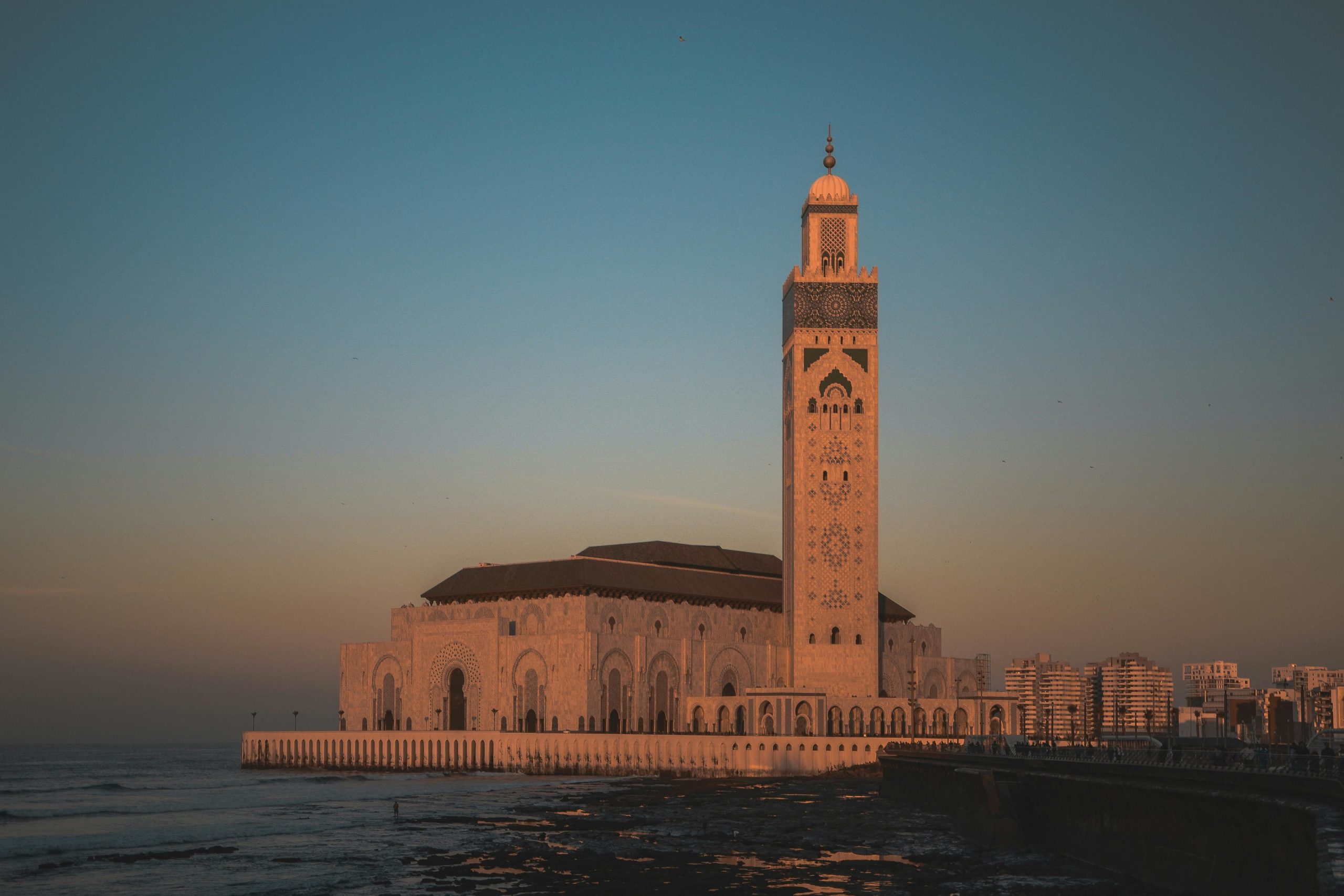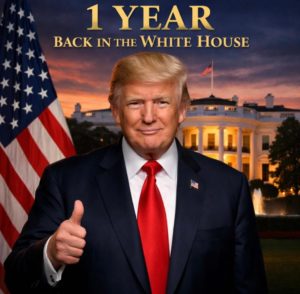by Alexander Seale (London)
When Donald Trump arrives in Britain this September, Windsor Castle will shimmer with pageantry. The American president will walk past guards in scarlet tunics, sit down to a banquet under gilded ceilings, and be photographed with King Charles III. Yet outside those castle walls, thousands of protesters are preparing to march through London and Windsor, determined to remind the world that the UK’s hospitality comes with hesitation.
This will be Trump’s second state visit—an unprecedented honour for a modern U.S. leader. But rather than showcasing an unbreakable “special relationship,” the visit reveals the fragile balancing act Britain now faces: how to manage a volatile partner abroad while keeping faith with an uneasy public at home.
A Ceremony Steeped in Contradictions
The invitation, hand-delivered by Prime Minister Keir Starmer in February, reflects Britain’s pragmatic need to remain close to Washington. The US is the UK’s largest single-country trading partner and an indispensable ally in defence and intelligence. Ignoring Trump would not be an option.
Yet the grandeur of a royal welcome clashes with prevailing public sentiment. Polls show that nearly four in five Britons view Trump unfavourably, and recent surveys reveal almost half think the visit should be cancelled. Liberal Democrat leader Sir Ed Davey has already announced he will boycott the state banquet, citing Trump’s refusal to act on the humanitarian crisis in Gaza. For many, the optics of toasting champagne with a president accused of authoritarian rhetoric and indifference to global suffering are too bitter to swallow.
Substance or Symbolism?
The government insists this is not just about pageantry. Earlier this year, London and Washington signed an Economic Prosperity Deal. It trims tariffs on cars, metals, and airplane parts, and allows more British beef into the US under quota. Yet the deal stops far short of a full free-trade agreement. Key disputes remain unresolved, such as Britain’s digital services tax and America’s protectionist leanings.
The risk is clear: Britain offers Trump the splendour of Windsor, but receives only modest economic gains in return. As Financial Timescolumnist Janan Ganesh has argued, the UK risks indulging in the “fantasy of managing Trump”—offering pomp in exchange for promises that may never materialise.
The Special Relationship Under Strain
The phrase “special relationship” is often invoked as if it were sacred scripture. Born out of the Second World War, it has long symbolised Anglo-American cooperation in defence, intelligence, and diplomacy. But the reality is shifting.
Trump’s “America First” outlook has consistently questioned NATO, demanded that Europe carry more of the defence burden, and sent mixed signals on support for Ukraine. Britain can no longer assume that ceremonial courtesies will guarantee U.S. solidarity. As analysts at the Center for Strategic and International Studies have warned, the UK must adapt: deepening ties with Europe, investing more in defence, and showing leadership on Ukraine, climate change, and global trade.
Starmer’s Calculated Gamble
For Prime Minister Starmer, the Trump visit is a diplomatic gamble. Hosting the American president secures a chance to discuss trade, defence, and security in private. But the public theatre of a state visit risks alienating voters already sceptical of elite ceremony.
Starmer is also navigating domestic turbulence: economic shortfalls, tense immigration debates, and the need to project steady leadership. Against this backdrop, rolling out a red carpet for Trump may look less like strategy and more like survival.
Protest as Counter-Narrative
While Trump dines under chandeliers, protesters will flood London streets. The Stop Trump Coalition has called for mass demonstrations on September 17, denouncing what they see as Britain’s complicity in legitimising authoritarian politics. This is not a fringe resistance: boycotts, marches, and public opinion polls all signal that opposition to Trump’s visit is deeply mainstream.
The spectacle of banners outside Windsor may prove just as politically significant as the photos inside. The contrast captures Britain’s dilemma: caught between ceremonial loyalty to Washington and grassroots demands for accountability.
Beyond the Banquet
Ultimately, the question is whether Britain wants its foreign policy defined by royal theatre or strategic necessity. A state visit is rich in symbolism—but the substance of the US-UK relationship will depend on hard choices about trade, security, and values.
If this September is remembered only for glittering banquets and angry protests, then Britain will have wasted an opportunity. The visit should be a moment of realism: a chance to assert Britain’s own vision in the world, to push for genuine progress on trade, and to stand firm on humanitarian principles.
Anything less risks reducing the “special relationship” to little more than a photo album.

